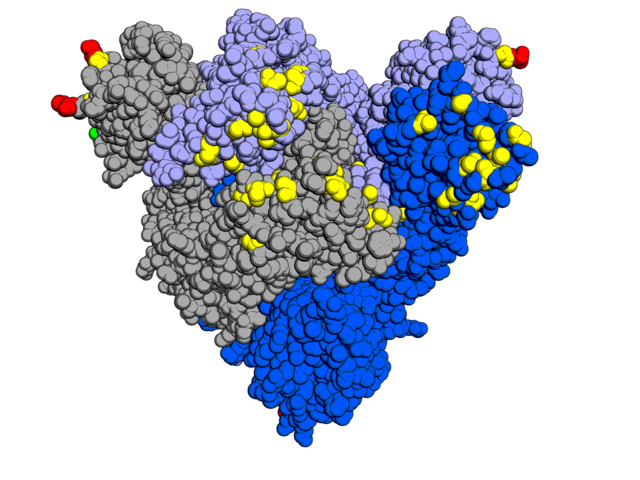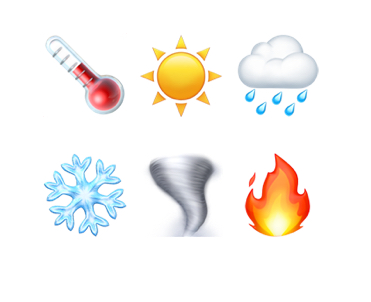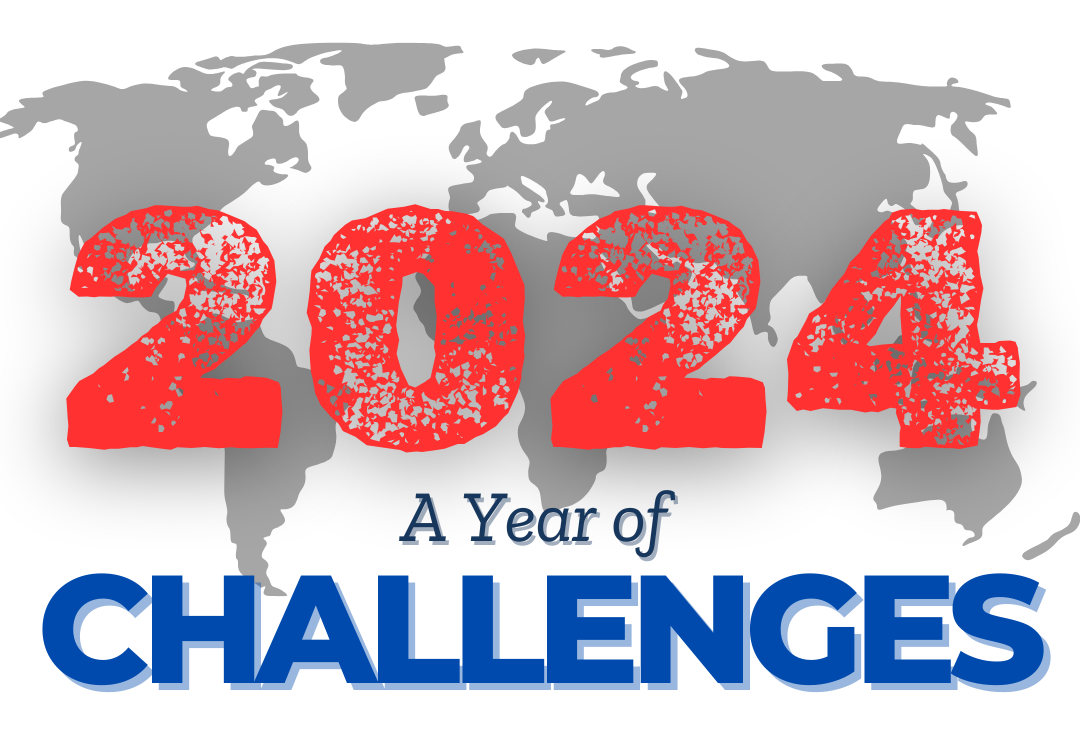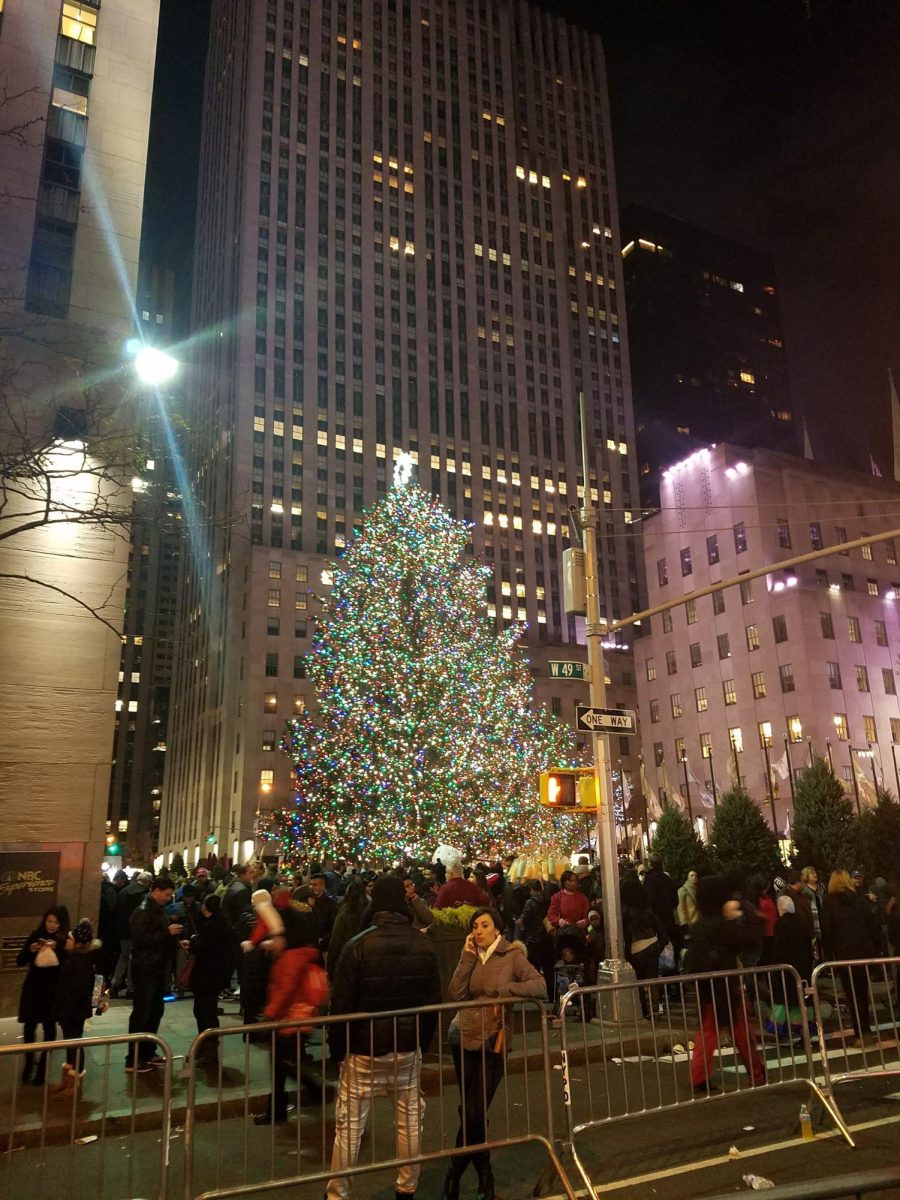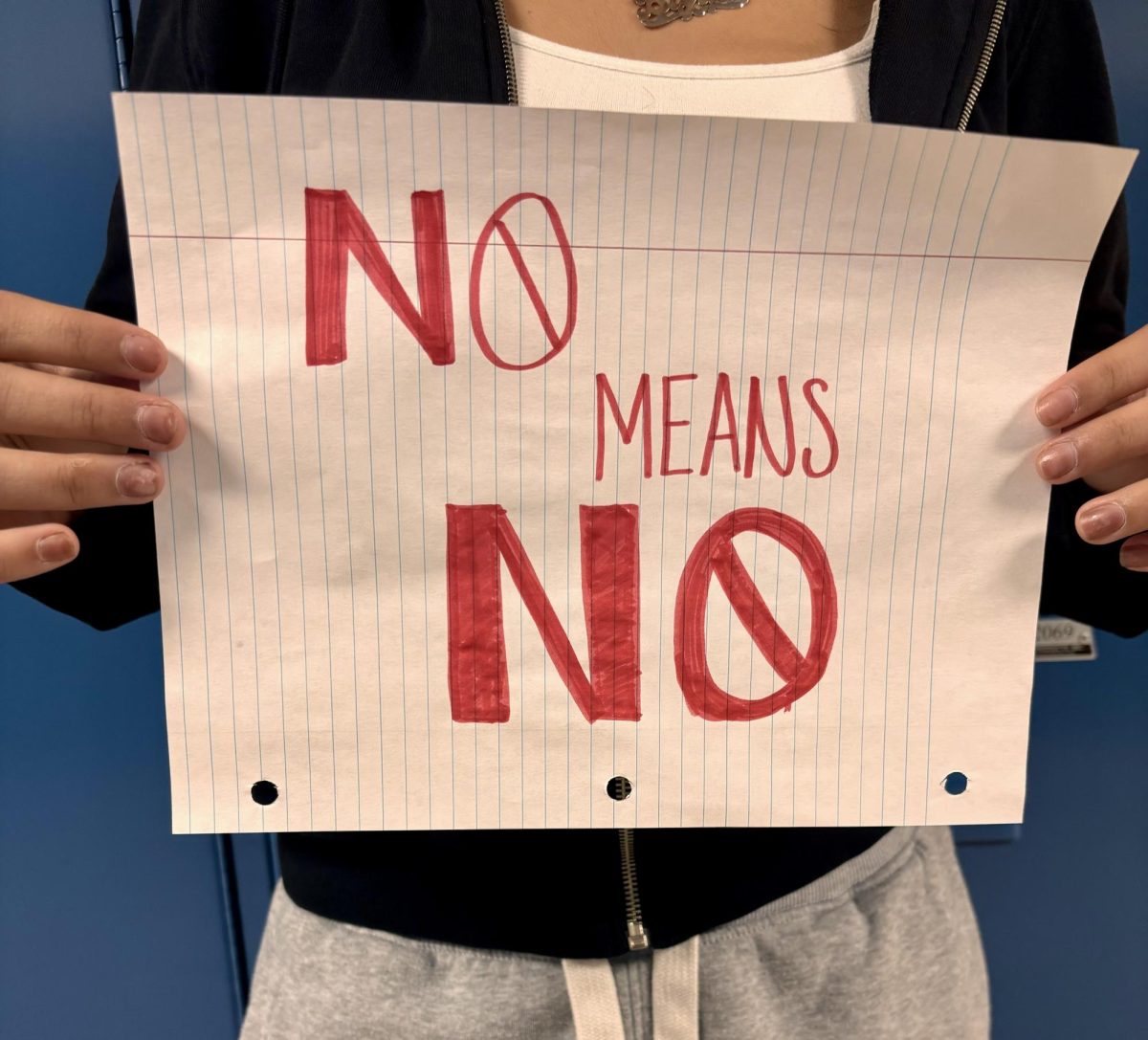In the midst of this global pandemic, it’s important that we educate ourselves on all of the information surrounding the Coronavirus that we have access to. One thing we’ve learned to keep up with is the new variants of the Coronavirus. We now know the measures we’re personally willing to take to avoid getting sick with these new variants. Before deciding how you will protect yourself from Coronavirus’ new “variant of concern” Omicron, here’s some important information you might want to know.

Origins of the Omicron Variant & How it’s Spreading
The new Coronavirus variant Omicron originated in Botswana and South Africa and is now making its way around the world.
The first case of the Omicron variant in the U.S. was confirmed on December 1, 2021. A day later, one case in Minnesota and another in Colorado had been confirmed. All three of the positive cases in the U.S. had just returned from traveling, two of which returned from Southern Africa. Since then, COVID-19 cases, in general, have risen in America, as a result of not only the Omicron variant but many mass gatherings that have occurred over the holidays.
Symptoms of the Omicron Variant
On Sunday, November 21, a doctor from South Africa named Dr. Angelique Coetzee told BBC that “What we are seeing clinically in South Africa — and remember I’m at the epicenter of this where I’m practicing — is extremely mild, for us these are mild cases. We haven’t admitted anyone, I’ve spoken to other colleagues of mine and they give the same picture.”
The symptoms seem to be the same for Omicron cases worldwide. They’re not at all severe or extreme but spreading faster than other variants. Dr. Unben Pillay, a practitioner from the Gauteng province of South Africa, said “We’ve seen a sharp increase in cases for the last 10 days. So far they have mostly been very mild cases, with patients having flu-like symptoms: dry cough, fever, night sweats, a lot of body pains.”
The Vaccine: Does it Cover Omicron Too?
Although there is evidence that the vaccine can help reduce the symptoms of both the Delta

and Alpha Coronavirus variants, no research has gone to show the same with the Omicron variant so far. Although nothing has been discovered that goes against the idea that the vaccine can help reduce symptoms of Omicron, nothing has been discovered that supports it either.
People who have been on the fence about getting the vaccine are beginning to further question whether or not it’s worth it. Scientists who work in creating the vaccines say that there are ways they can alter the vaccine in the future to be able to protect the immune system against Omicron. Scientists that represent Pfizer say that the Pfizer booster shots help to die-down symptoms of Omicron with the correct dosage. Luckily scientists have already begun quickly reacting to the rapid spread of Omicron. They’re currently working on a vaccine that will be able to reduce the harshness of symptoms. Additionally, they’re looking for answers to some of the most popular, worldwide-asked questions related to Omicron and the vaccine.
Vaccinated people who originally sought protection have begun to panic over speculation regarding the vaccine’s ability to fight against Omicron.
The Name “Omicron”
Some of the most commonly asked questions about these new variants have to do with where their names came from. The real answer is that scientists named the different Coronavirus variants after the Greek Alphabet. Alpha, Beta, Delta, Omicron, etc. all refer to letters in the Greek Alphabet. It’s easy to see that they’ve skipped over quite a few letters for the naming of the new variant “Omicron”. For such important-sounding names, they have quite a simple explanation/backstory.
What Are We Doing To Protect Ourselves?
Various areas around the world are using travel bans and restrictions in hopes to lessen the spread of Omicron. A vast majority of countries have in some way responded to the Omicron variant regarding their travel. Most countries restricted travel in some way, but others are looking into banning it until things get visibly better.
To maintain safety for all

passengers, the U.S. government has shortened the required time between testing and boarding a plane. They believe this allows for the most accurate Coronavirus test results possible. Moreover, they hope it will ensure safety for all passengers boarding planes. According to CNN, many South African countries have also banned travel into the U.S. Debates over whether travel bans are extreme or necessary are inevitably arising with the increasing spread of Omicron.
Additionally, the CDC says that wearing masks, getting tested when feeling symptoms, and getting vaccinated are all still viable options to stay safe during this global pandemic.
How Omicron May Affect CHS Sports?
As we begin to see the spread of the new Coronavirus variant Omicron up close, many of us wonder how they’ll affect sports seasons. To fully understand some of the new regulations put into place, CHS assistant wrestling coach Anthony Messner explained protocols and Covid concerns surrounding a full-contact sport like wrestling.
He explained that the new variant “makes preparing for matches and practices a little harder as well. In past years, we were allowed to move practice partners around. Now, it’s basically one partner each for the whole year to limit the contact between them.”
Although practices are a bit different than the usual, Coach Messner said, “With matches, seating hasn’t really changed. People tend to sit where they want.” However, according to Messner, the number of people allowed in the gym during matches has been lowered since the rise of Omicron. “Anyone used to be able to come and watch a match: family, friends, students, faculty. Now, it’s only family.”
Overall, Coach Messner sees this new variant as an “unknown factor.” He said, “You never know what day-to-day things will change.” With that said, the team seems to still be very grateful to have a season at all. They’re continuing to work and improve under the current circumstances, just like all sports at CHS during these times.



